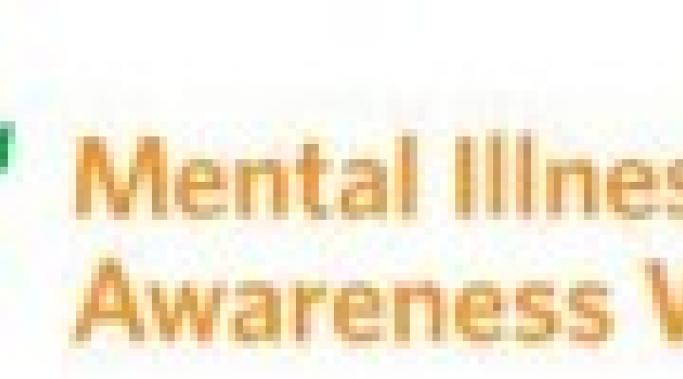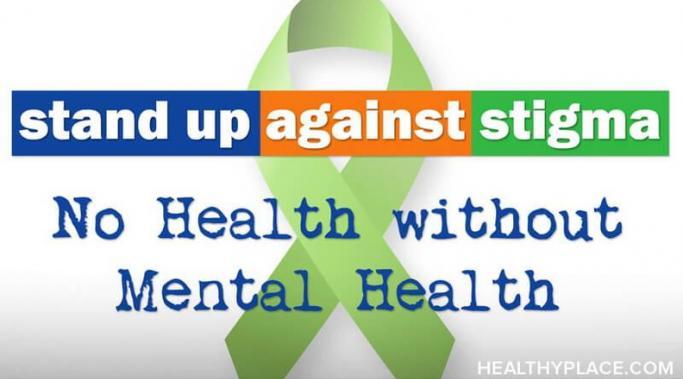Blogs
Once victims realize they're being abused, many of us immediately think, "I've gotta get out of here!" And the pressure's on the victim to DO something about the situation. Right now.
We know abuse victims often return to their abuser many times before leaving (if they do leave). We know our family, friends, and society tells us to "Get Out Now!" We know we want to leave. We know we fear the abuser on many levels as much as we fear being without them. We know that leaving is an option . . . but at what cost?
Leaving an abuser is not always an immediately viable option, but everyone outside of ourselves (and our abuser) seems to think you must leave NOW. When you realize your partner abuses you, the only answer supported by others is you packing your bags and walking away into the "good for me" sunrise. And we victims buy into that idea, and that's when a new kind of self-punishment begins.
If you have trouble working as many of us with bipolar disorder do, volunteering is a practical and purposeful way to contribute and expand on your personal assets. There are many ways and places to contribute and do and feel better.
The adult with ADHD can often lose track of time, especially when becoming hyperfocused on something like expressing their opinion online. If a blog or article sets me off, I will let myself write away, but when I am done I check to make sure I haven't written too much. Sometimes I'll edit it down to a manageable size. Many times I'll just delete the whole thing and move on. I have found that there are moments when the comment isn't worth the time it would take to edit it. Not every ADHD turd can be polished into a shiny comment. Sometimes it's just a rambling turd.
Today is the start of the "Jewish New Year", Rosh HaShana. No matter what your community, there always seems to be a period of time set aside to reflect on what has happened in the past year, how you are going to process it, and how you hope/plan to act on what you learned in the future.
Next week the journey continues, during Mental Illness Awareness Week. Maybe those of us living with mental illness in our families can inspire awareness and thought in others, as we consider our own situations. Reflection can lead to realization, and to change. This is not merely a matter of what has happened to you and to those you love; it is more a reflection on how you eventually choose to deal with it.
One of the most terrifying things about mental illness is that you can no longer trust what you feel. Oh sure, you feel it just as sure as day, but can you trust it enough to act on it? Not really. At least, not if you want to keep your job, friends, marriage and so on.
You can no longer simply feel and act. Now you must feel, think and then contemplate acting. It's exhausting and not a particularly reasonable thing to be expected to do.
I touched on the idea that labels are intrinsically different than stigma in Removing The Labels of Mental Illness. I believe that. Mental illness is, at its core, attached to stigma. Although mental health stigma is weaker than it once was, stigma is damaging nonetheless. But first, let's examine the connection between stigmatizing mental illness and labeling it.
On Monday, I told my psychiatrist that I wanted to start dating again. Since I said it aloud, it must be true or at least close enough to my conscious mind for it to spill out of my mouth. Though I've had a few bad dates, I haven't had a relationship since before my bipolar diagnosis. So brimming with self-awareness off I go back onto the market...but what am I looking for?
One of the most effective management strategies for minimizing the challenges and symptoms of ADHD is medication. This might not be the most popular statement I have ever made, but research over and over again has shown that ADHD medications can “level the playing field” for adults with ADHD. Medications can be effective in helping adults with ADHD increase their focus on less interesting tasks, reduce impulsivity of actions and words and calm inner restlessness. I often hear clients describe the experience of being on the right medication as similar to having “the fog clearing”, “the water globe settling” or a “light switch being turned on”. They feel more focused, energetic, calm and productive. However, many adults never have the chance to experience the full benefits of ADHD medication due to three problem areas that I call “ADHD medication pitfalls”…taking the wrong medication, the wrong dose or taking medications at the wrong time.
I have run into many people who just don't understand eating disorders since I developed anorexia in my early forties. Many people would ask me, "Why don't you just eat?" They did not realize I was terrified to eat. In this video, I talk about some common misconceptions about eating disorders and what we can do to educate people.
Get rid of those old jeans that don't fit you. I know how difficult it can for bipolar individuals to let go of something that is comforting. You could recycle any clothing, like those jeans, you know the ones that you wear but can’t button the waist. Donate them, you will feel good in donating and also feel better in some new, well-fitting clothes, though as a bipolar individual, remember not too overboard on spending.






